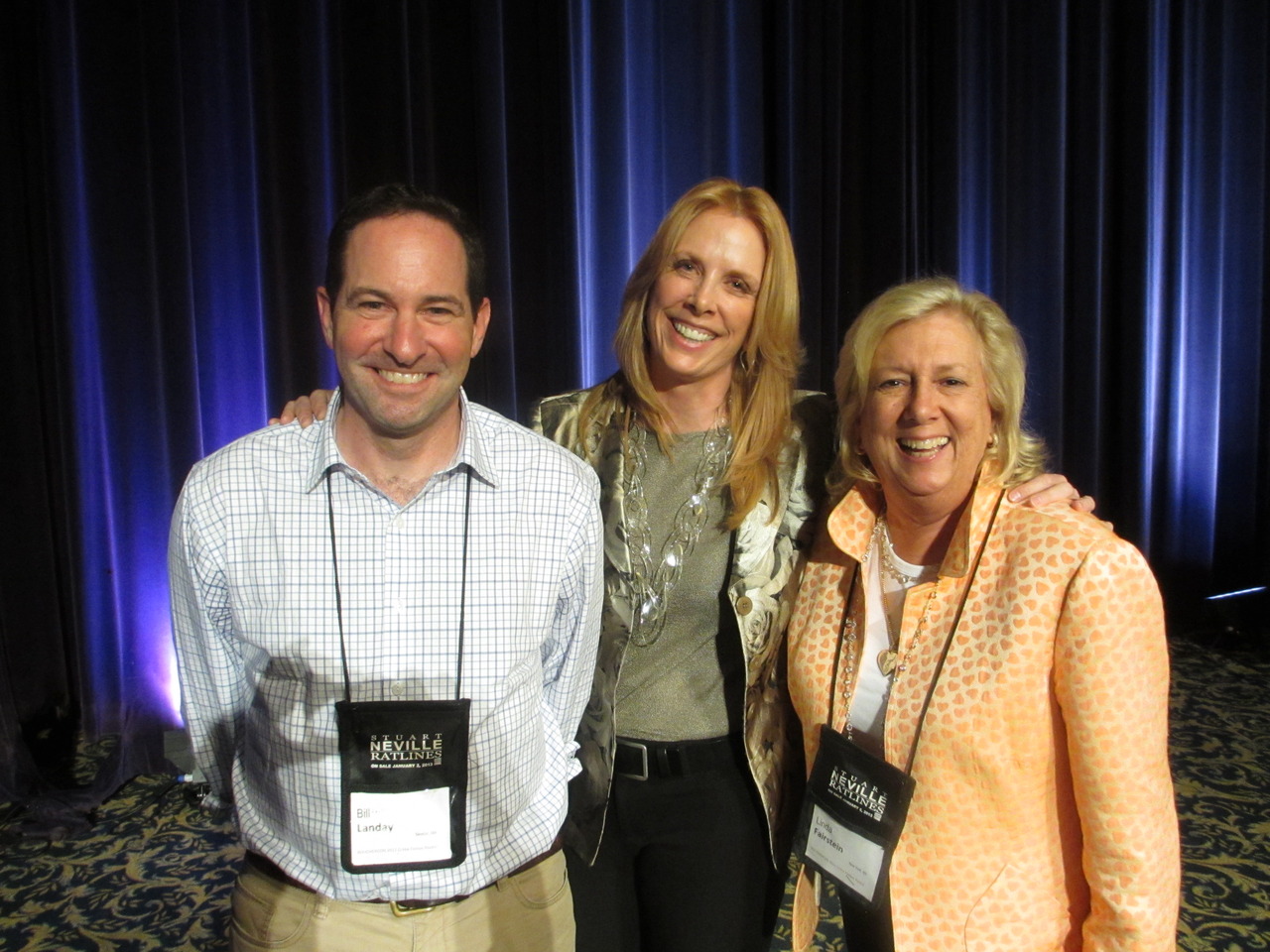
Reading Defending Jacob on the NY subway (via Underground New York Public Library)
Official website of the author

Reading Defending Jacob on the NY subway (via Underground New York Public Library)

A cool new advertising campaign for Defending Jacob to run in and around Paris, including the Metro, and train stations all over France. (Courtesy of my French publisher, Michel Lafon.)

At Bouchercon 2012 in Cleveland with fellow authors Twist Phelan and Linda Fairstein. October 5, 2012.
Gay Talese gives a tour of his office and discusses his writing habits.
I save everything. I think that I’m a person of record… It’s a whole process of giving worth to every moment of your day. I’ve seen things. I’ve interviewed hundreds and hundreds of people over many years. By saving it, I’m not just being a collector of stuff — I’m a documentarian of what it is that I do, who I know, what I see. This stuff is never dead because stories never die. Stories are never over.
There is no more miserable human being than one in whom nothing is habitual but indecision, and for whom the lighting of every cigar, the drinking of every cup, the time of rising and going to bed every day, and the beginning of every bit of work, are subjects of express volitional deliberation. Full half the time of such a man goes to the deciding, or regretting, of matters which ought to be so ingrained in him as practically not to exist for his consciousness at all. If there be such daily duties not yet ingrained in any one of my readers, let him begin this very hour to set the matter right.
William James, Habit (read the whole essay here).
Update, 8.20.2017:
William James’s famous essay on habit is mentioned in Daily Rituals: How Artists Work, by Mason Currey (wonderful book):
James was writing from personal experience — the hypothetical sufferer is, in fact, a thinly disguised description of himself. For James kept no regular schedule, was chronically indecisive, and lived a disorderly, unsettled life. As Robert D. Richardson wrote in his 2006 biography, “James on habit, then, is not the smug advice of some martinet, but the too-late-learned too-little-self-knowing, pathetically earnest, hard-won crumbs of practical advice offered by a man who really had no habits — or who lacked the habits he most needed, having only the habit of having no habits — and whose life was itself a ‘buzzing blooming confusion’ that was never really under control.”
James was also a chronic procrastinator. He told one of his classes:
I know a person who will poke the fire, set chairs straight, pick the dust specks from the floor, arrange his table, snatch up a newspaper, take down any book which catches his eye, trim his nails, waste the morning anyhow, in short, and all without premeditation — simply because the only thing he ought to attend to is the preparation of a noonday lesson in formal logic which he detests.
I actually find all this heartening. Maybe there is something in the undisciplined mind that enables it to imagine freely. Of course, it is too much to say that lack of self-restraint is a necessary condition for creativity; there are certainly creative people with rigorous self-discipline — William James’s brother Henry not least among them. But, at a minimum, one can say that a disorderly mind and unsettled habits are not a complete bar to great creative achievements, if William James is any example.

Margaret Bourke-White, “Beach Accident” (Coney Island 1952)